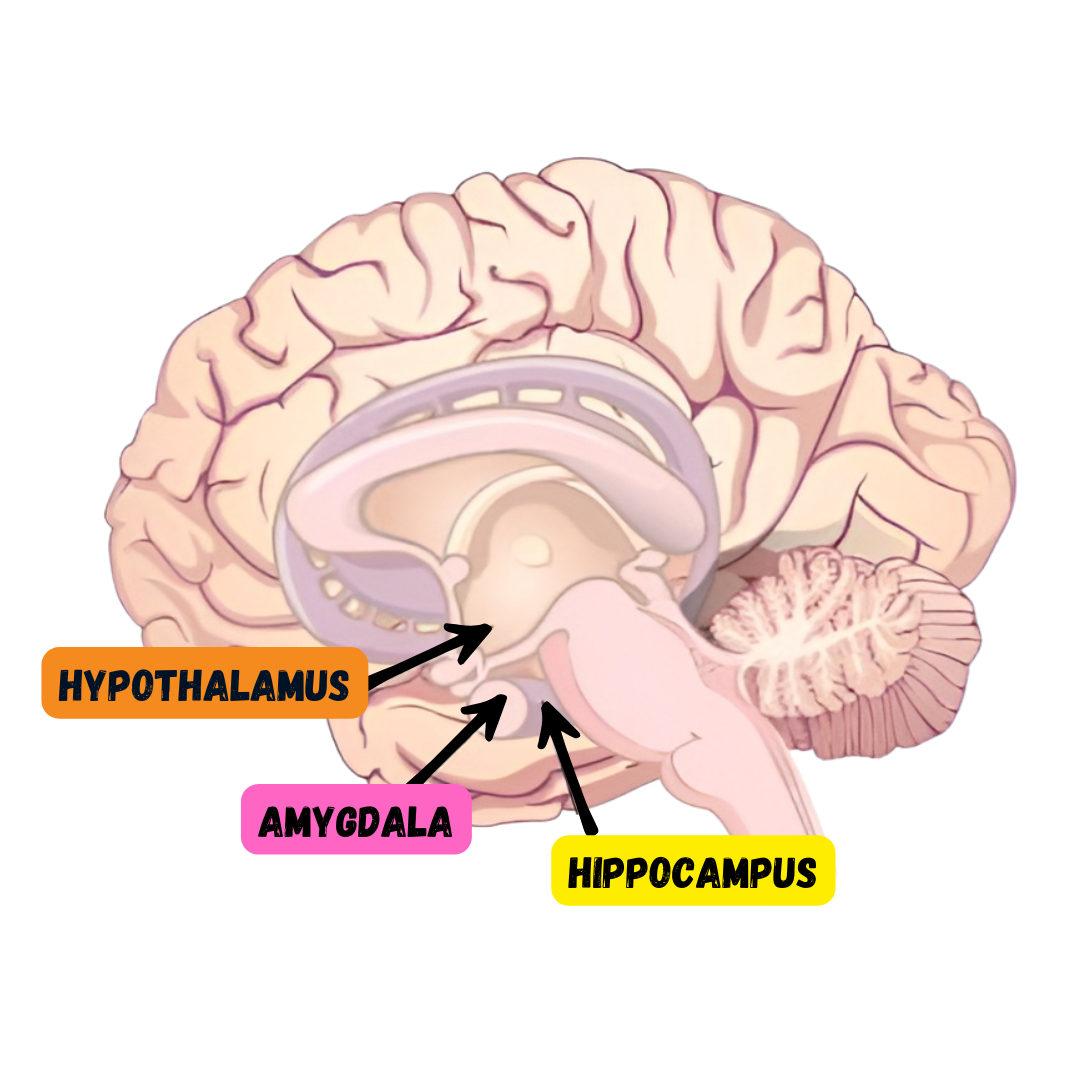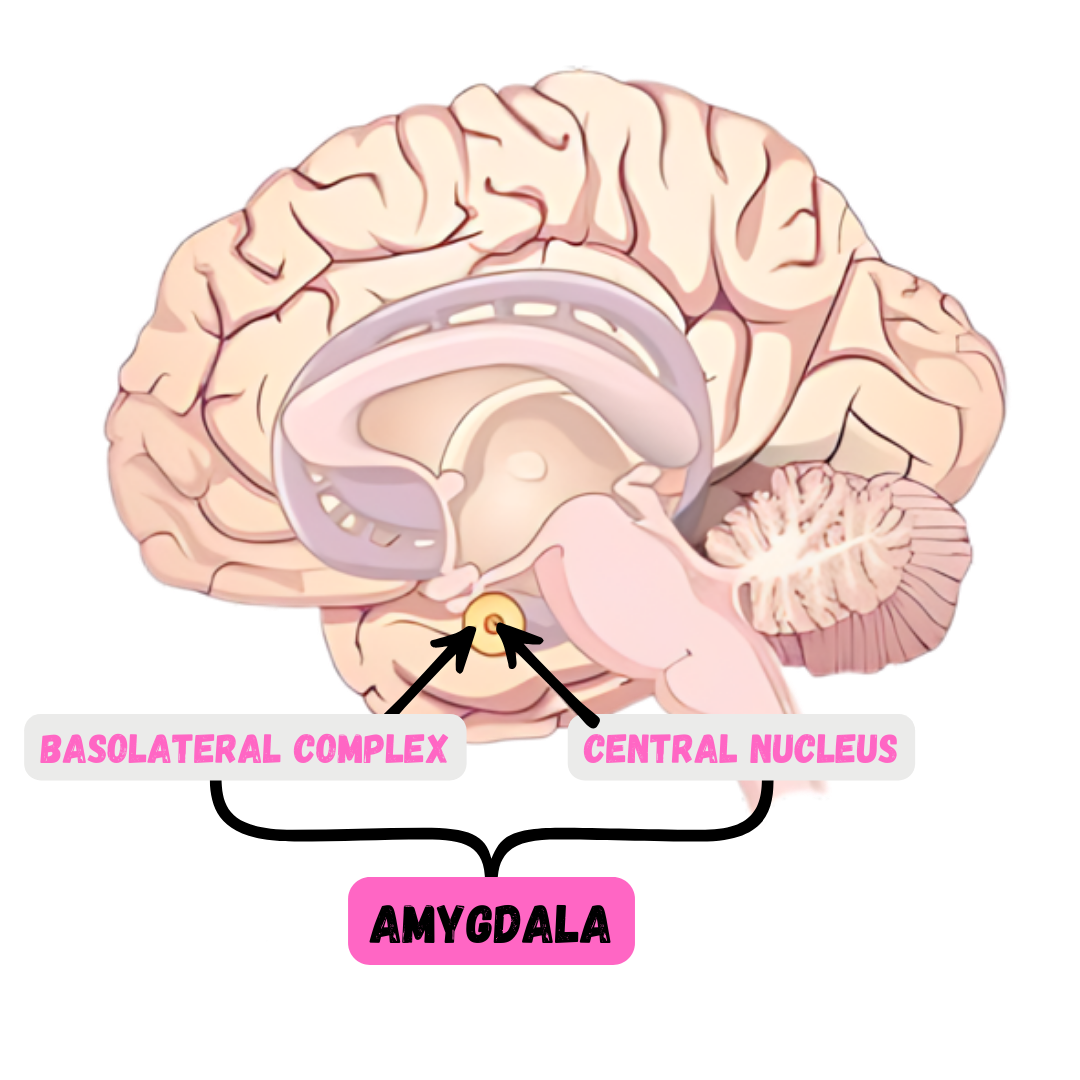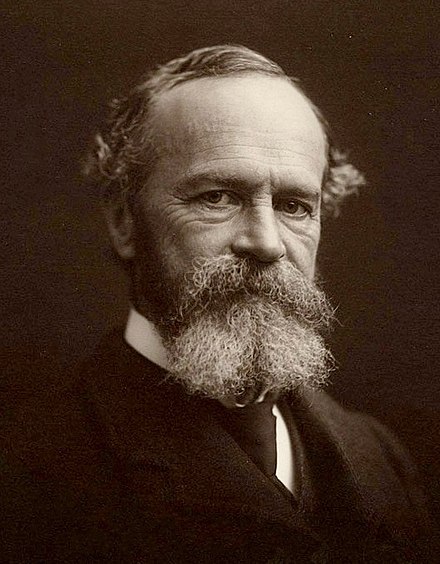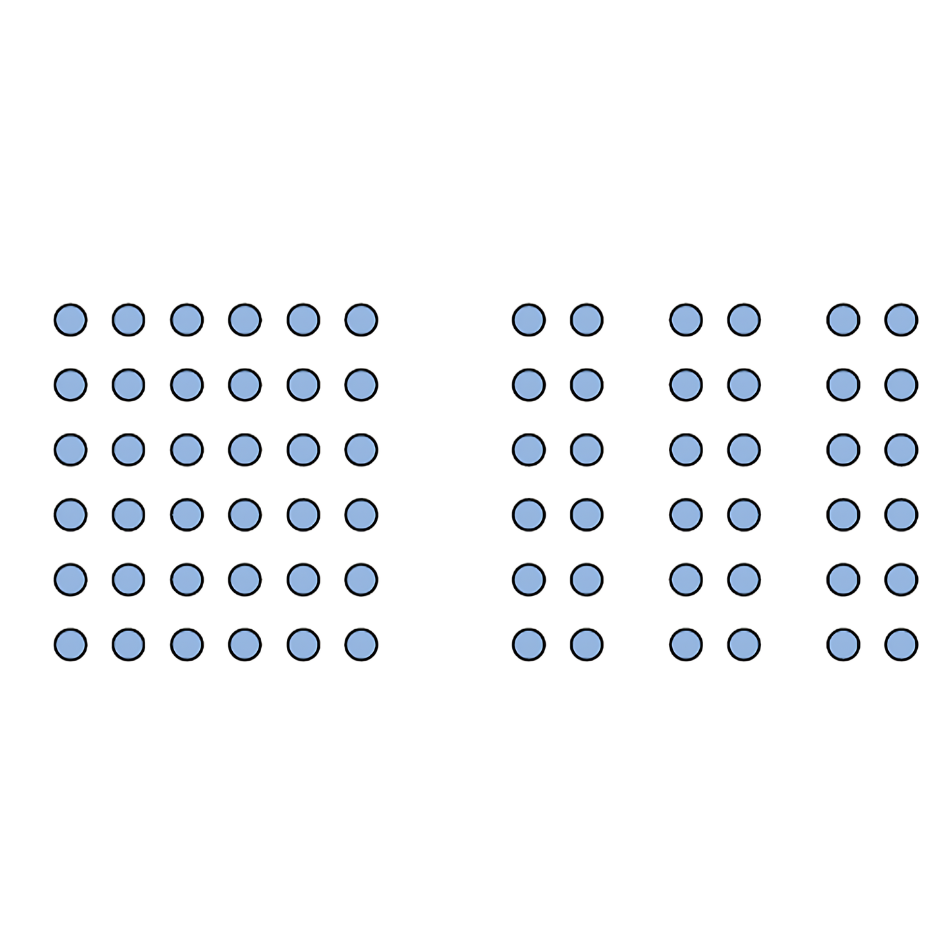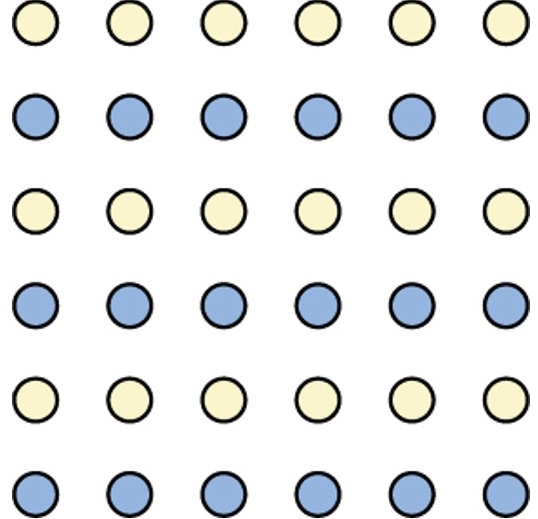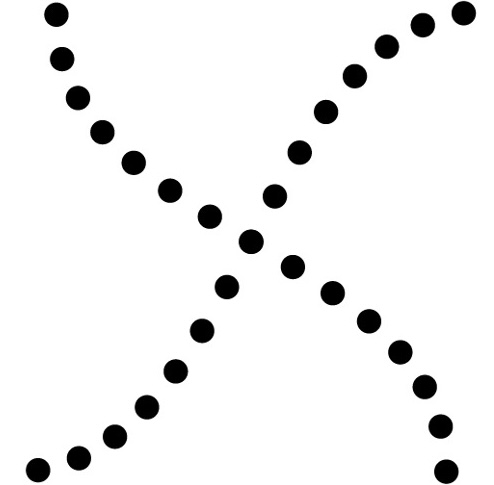
Exam 1
Review
PSYC 181 – Intro to Psych
Emma Marshall – Instructor
July 25, 2024
Exam 1
![]()
Will cover information from Units 1-6
Exam will include two-phases:
- Phase 1 (75% of grade): You will take a 30 question exam using the respondus browser on Canvas. You are welcome to take as much time as you want within the multi-day exam window but once you start the exam you cannot close out of it and reenter it. You will take this part of the exam individually.
- Phase 2 (25% of grade): You will take the second part of the exam with a group of your peers. Your group will meet on Zoom and complete the exam together through consensus.
Your final grade will be a weighted average of your score on Phase 1 (75%) and Phase 2 (25%) of each exam.
Exam policies
![]()
- Material for the exams is not limited to topics discussed in lectures. Students are responsible for assigned readings.
- All exams are closed book. You may not use the textbook, your notes, or the internet.
- No make-up exams will be given without a valid, documented excuse and notification to the instructor before the scheduled exam. For example, if you are ill on a particular exam day, you will need to email the instructor before missing the exam.
- The instructor reserves the right to administer oral make-up examinations.
Unit 1: What is Psychology?
Psychology
Scientific study of the mind, brain, and behavior
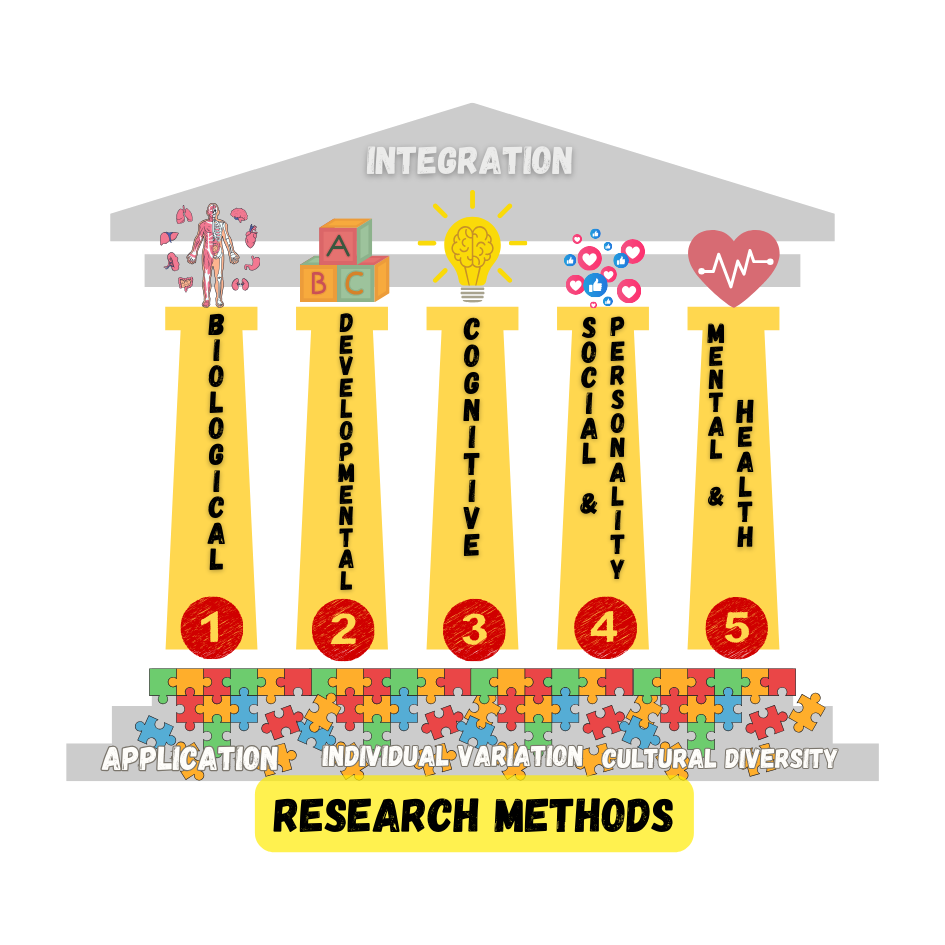
Modern Foundations
Modern Psychology
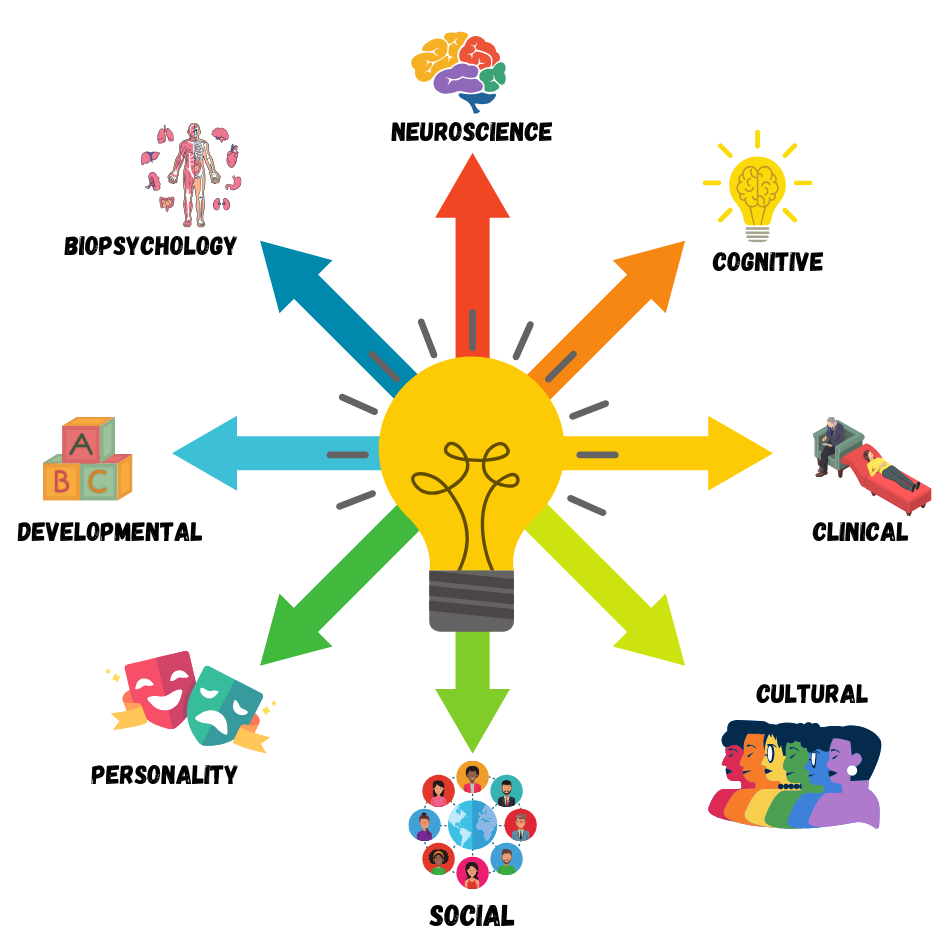
Applied Psychology
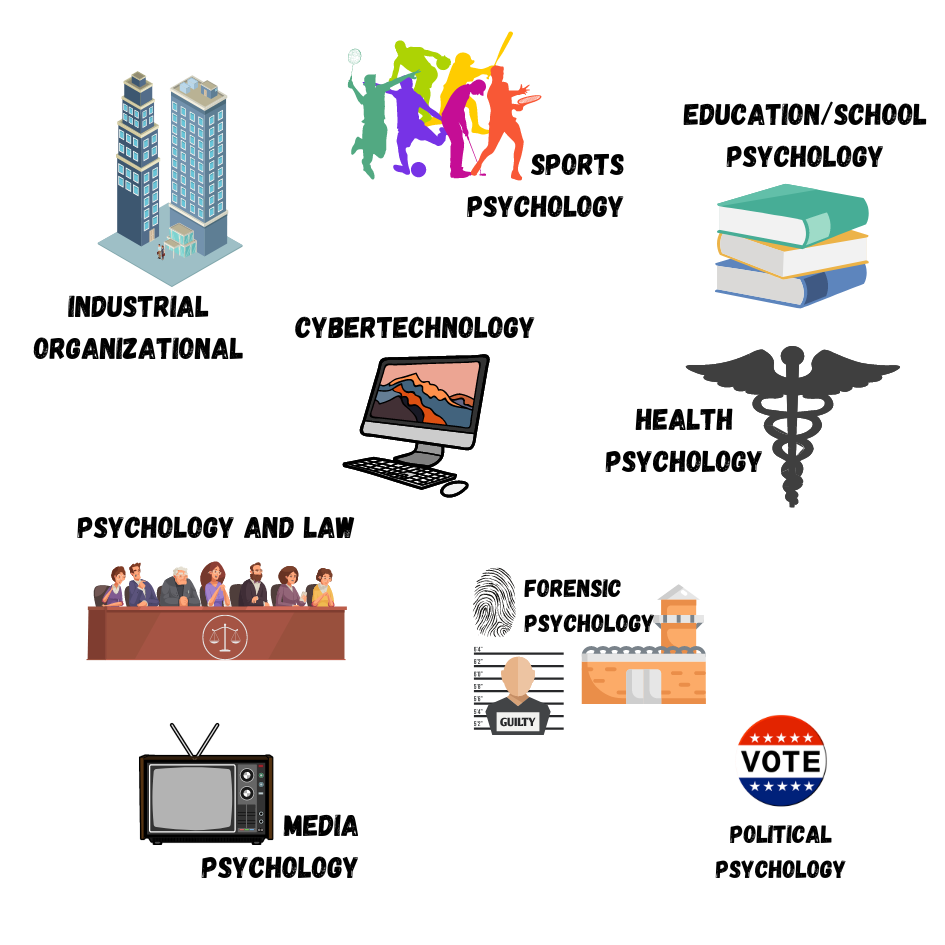
Unit 2: Research Methods
Psychological Science has Four Goals
Description
Prediction
Control
Explanation
Types of studies
Descriptive
Experimental
Correlational
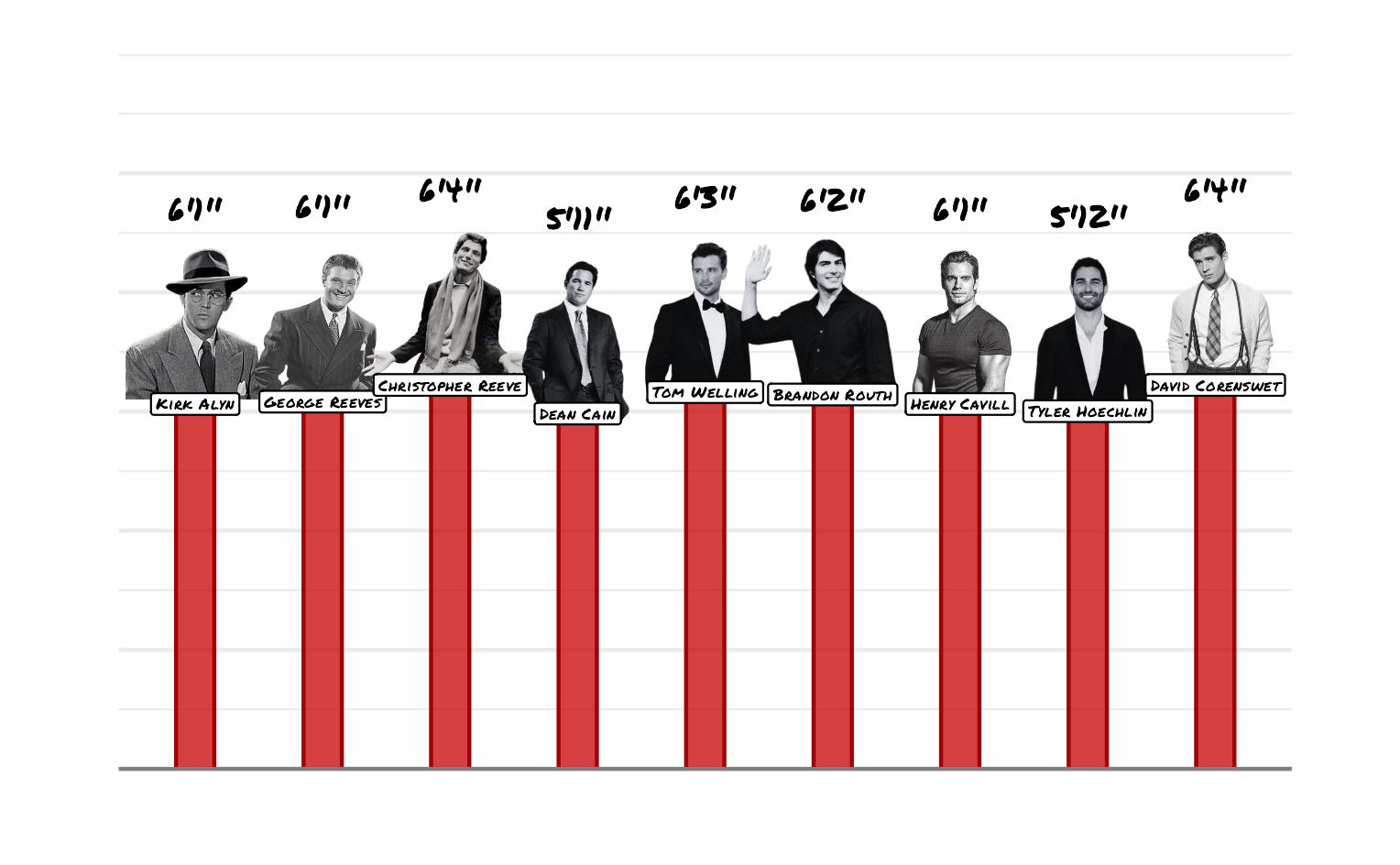
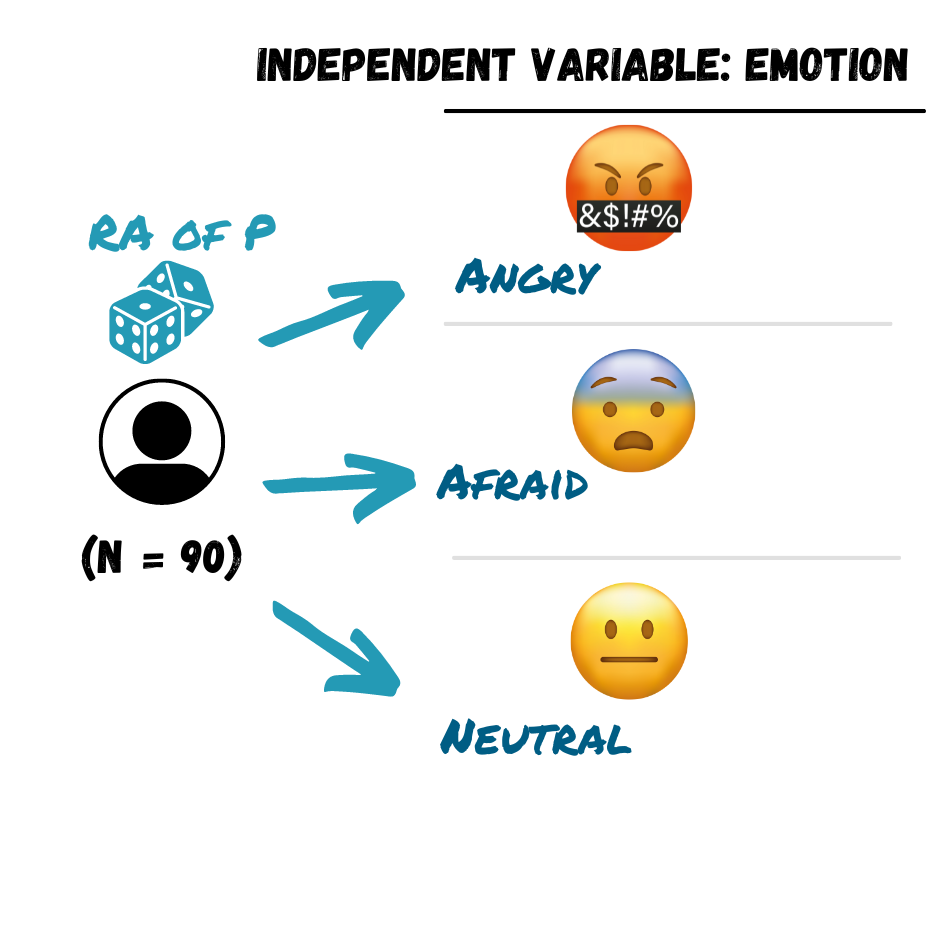

Unit 3: Biopsychology
Nervous system
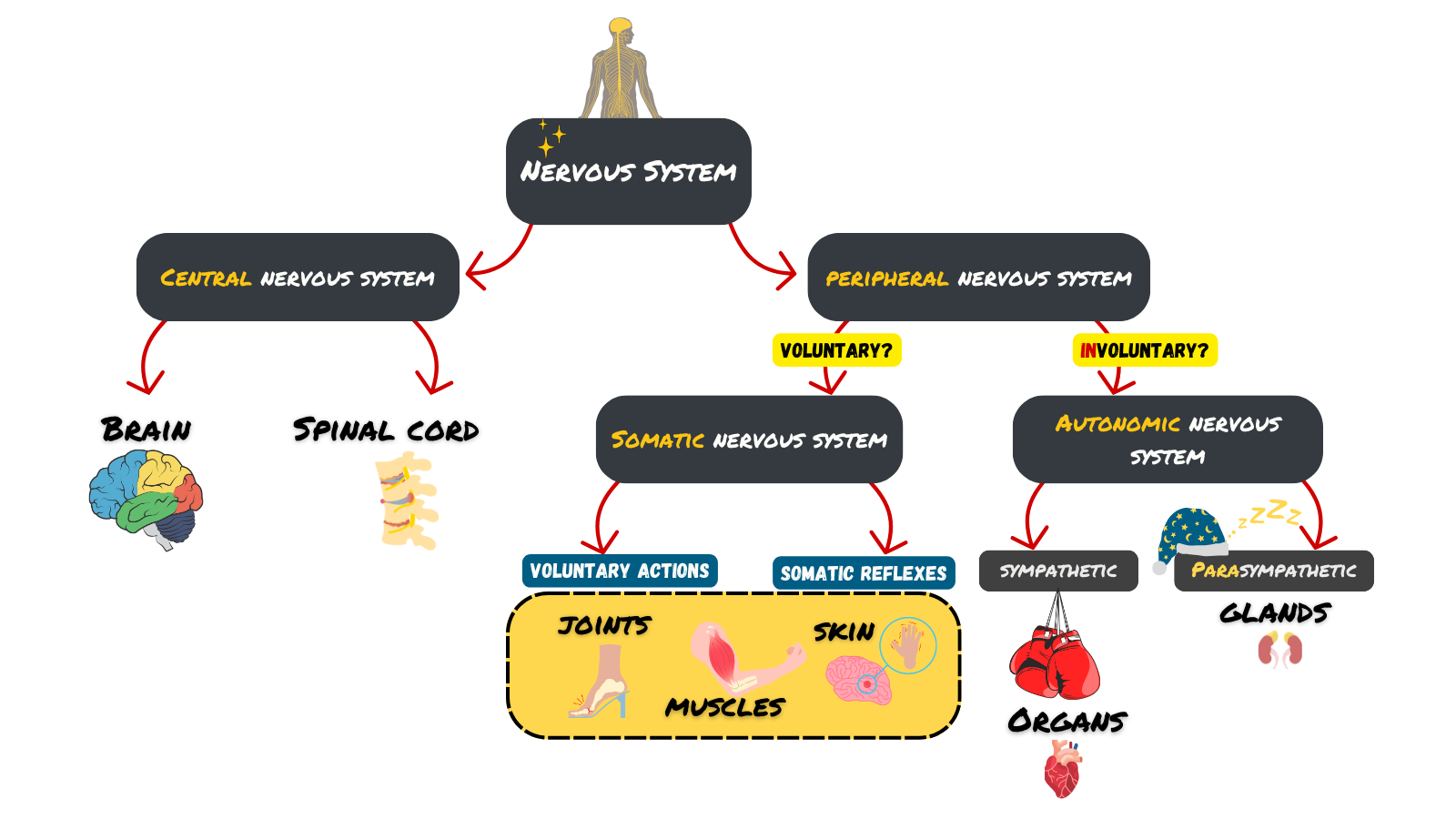
Cells of the Nervous system
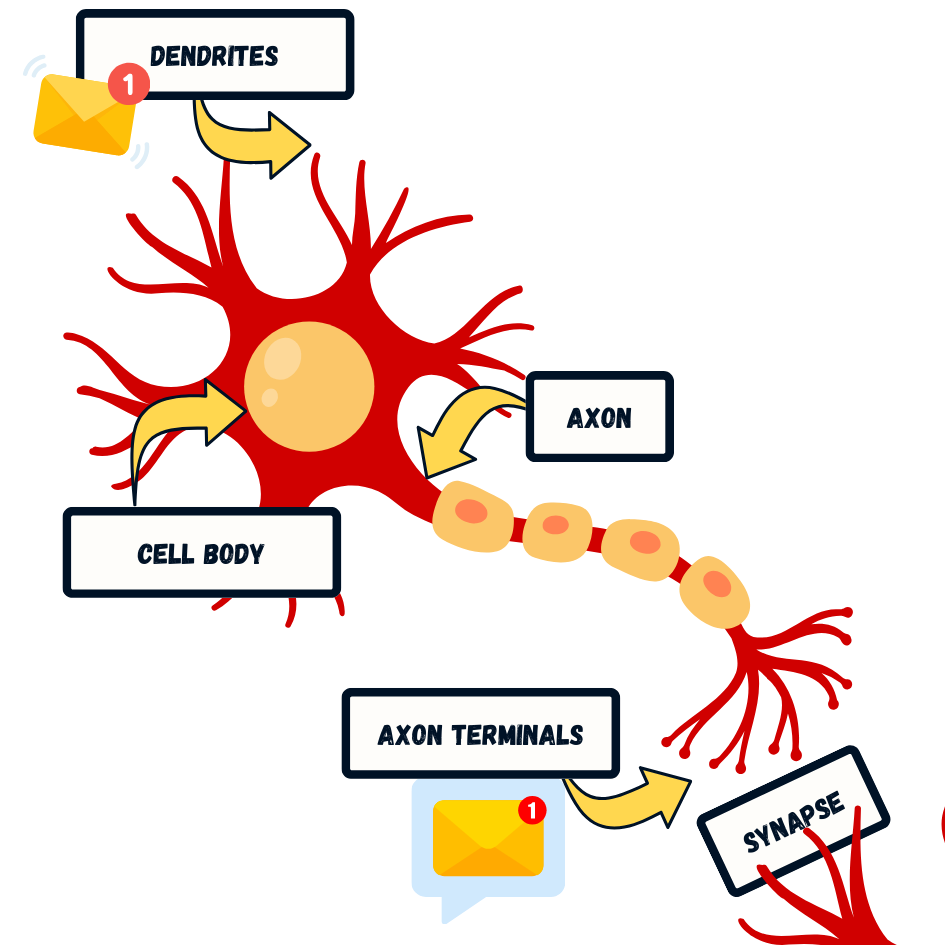
Neurons are the basic unit and transmit messages through electrical and chemical signals
The Brain
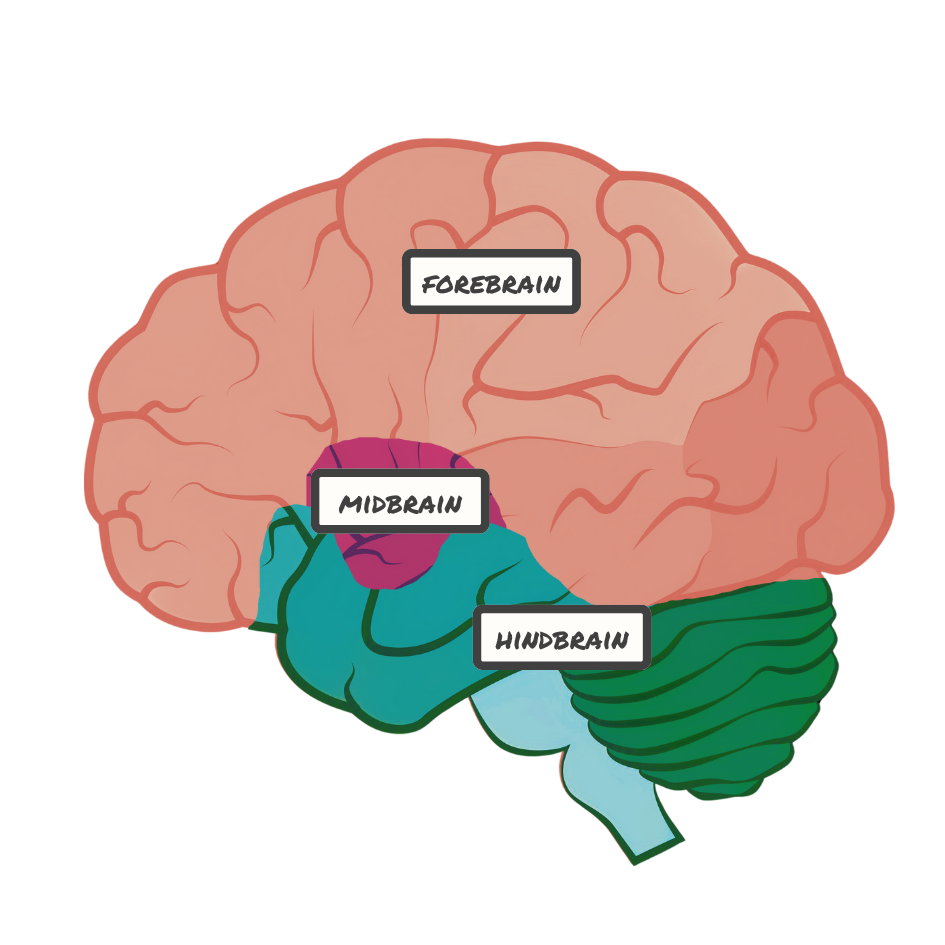
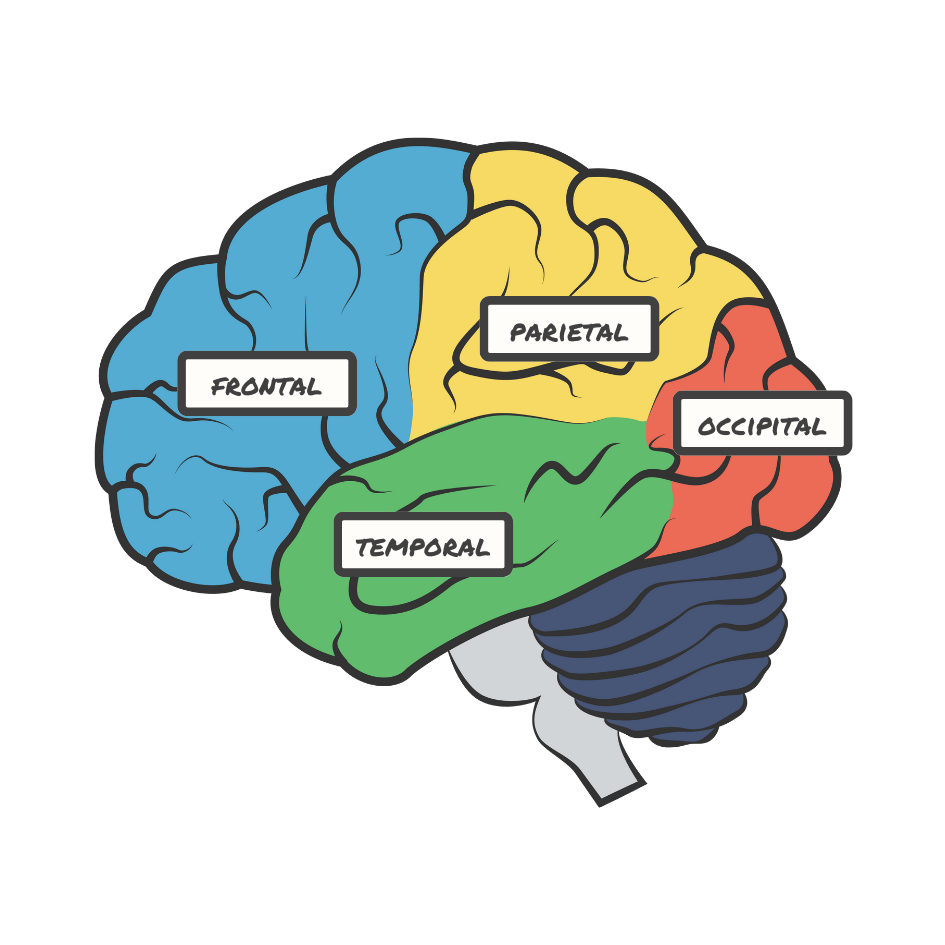
Brain imaging techniques
![]()
![]()
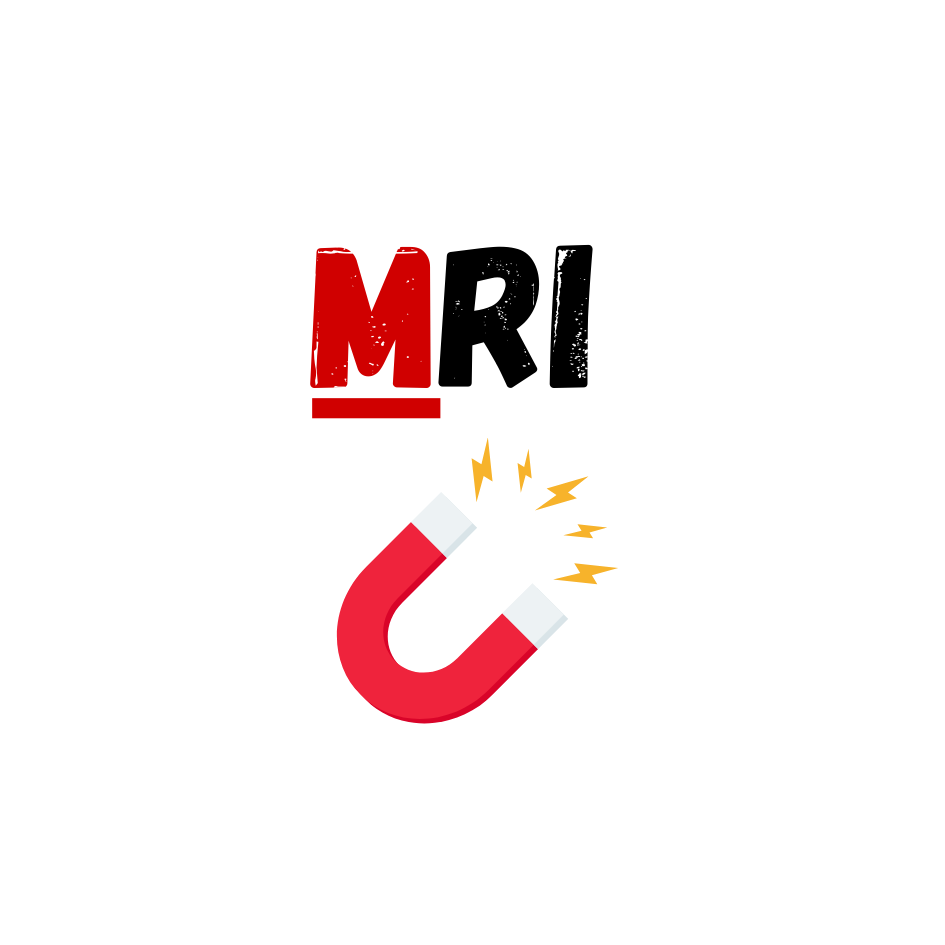


Edocrine System
Network of glands that produce and secrete hormones
Male Endocrine System
Female Endocrine System

Unit 4: Sleep
Melatonin and Sleep Regulation

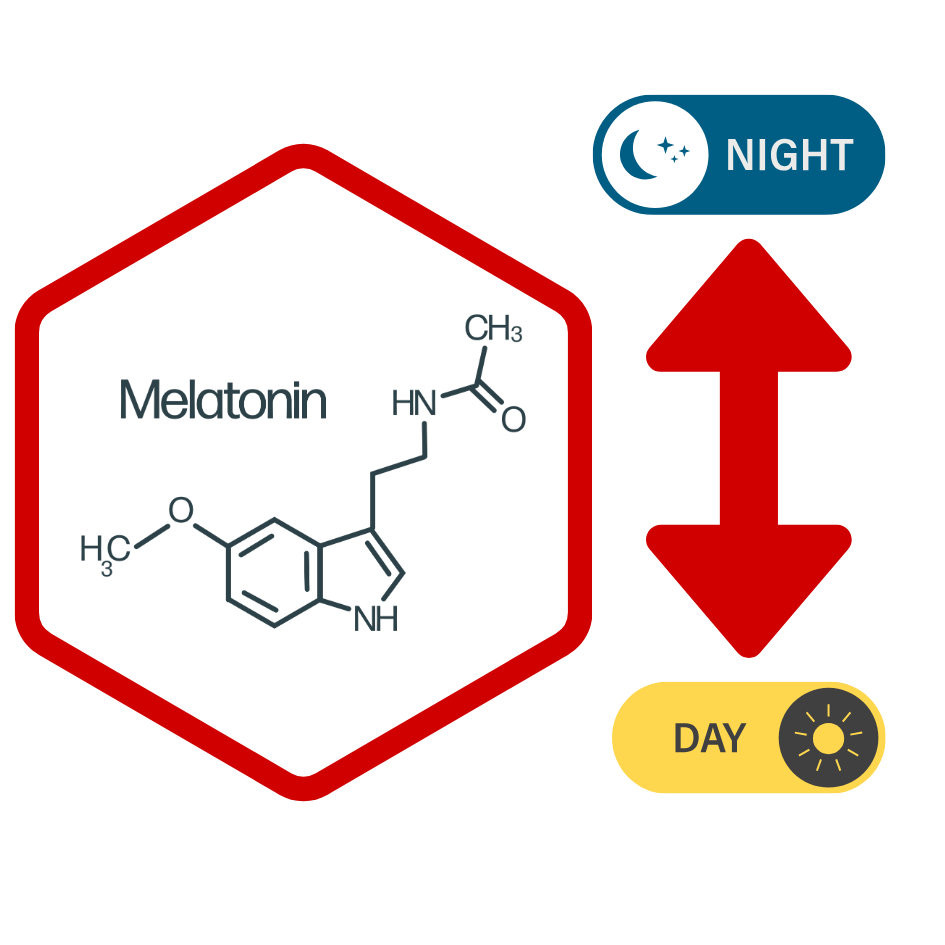
Brain Areas involved in sleep

The pineal and pituitary glands secrete a number of hormones during sleep
The Suprachiasmatic Nucleus (SCN)

Why do we sleep?
Evolutionary Theory
Cognitive function
Restoration theory


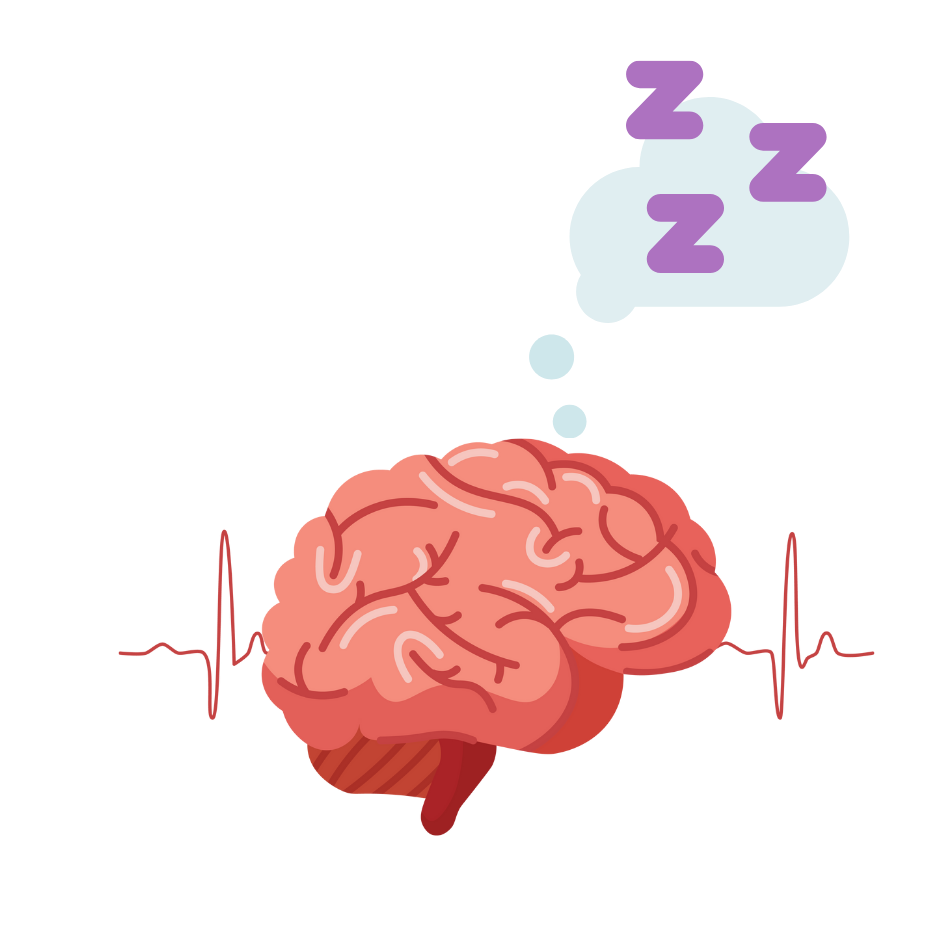
Unit 5: Sensation & Perception
Waves: amplitude and wavelength
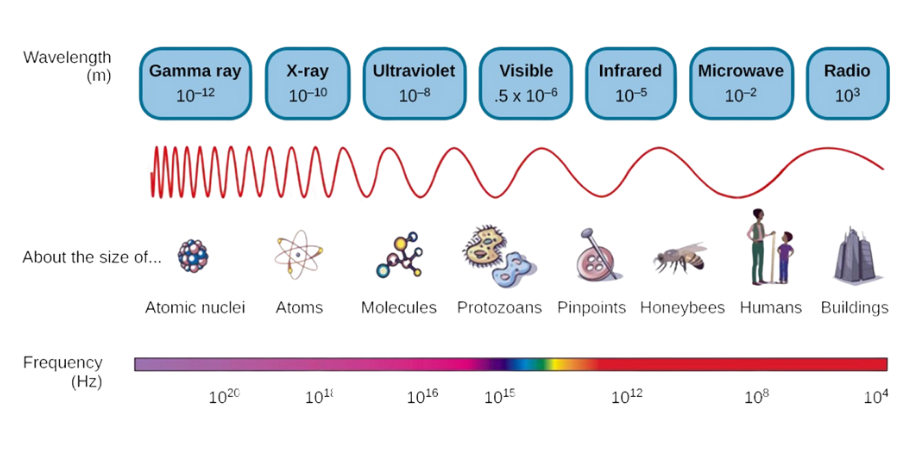
Sensory systems
Transduction ➜ Transformation
Vision
Hearing
(audition)
Smell
(olfaction)
Taste
(gustation)
Touch
(somatosensation)
Body Position
(proprioception)
Movement
(kinesthesia)
Pain
(nociception)
Temperature
(thermoception)
Balance
(vestibular sense)
Amplitude and wavelength

Transduction
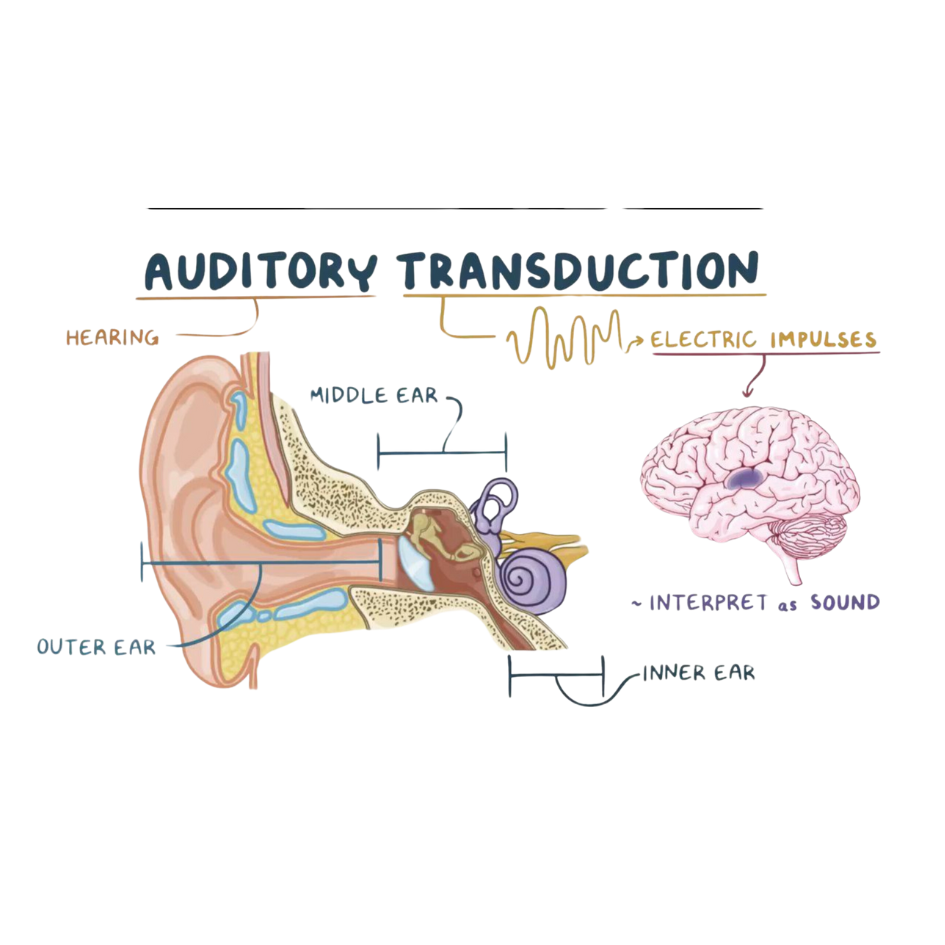
Anatomy Of the Visual System
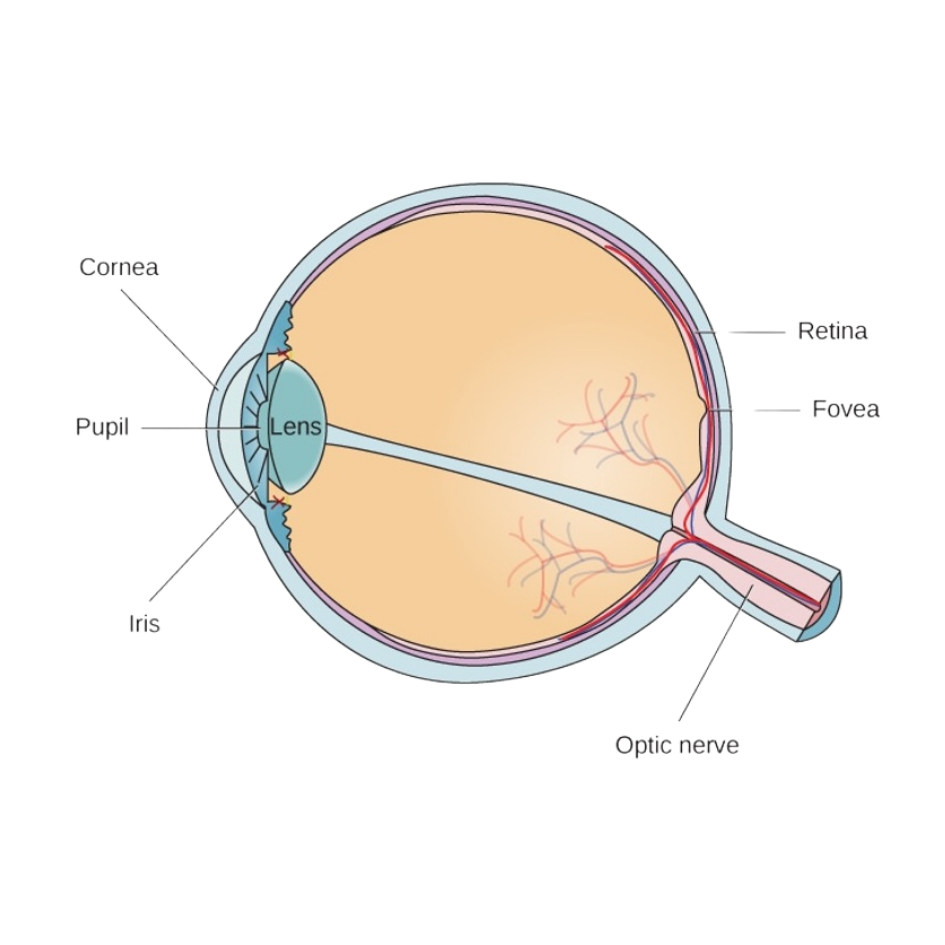
Light path: Cornea → Iris → Lens → Retina
Transmission: Ganglion cells → Optic nerve → Thalamus → Visual cortex
Types of Processing
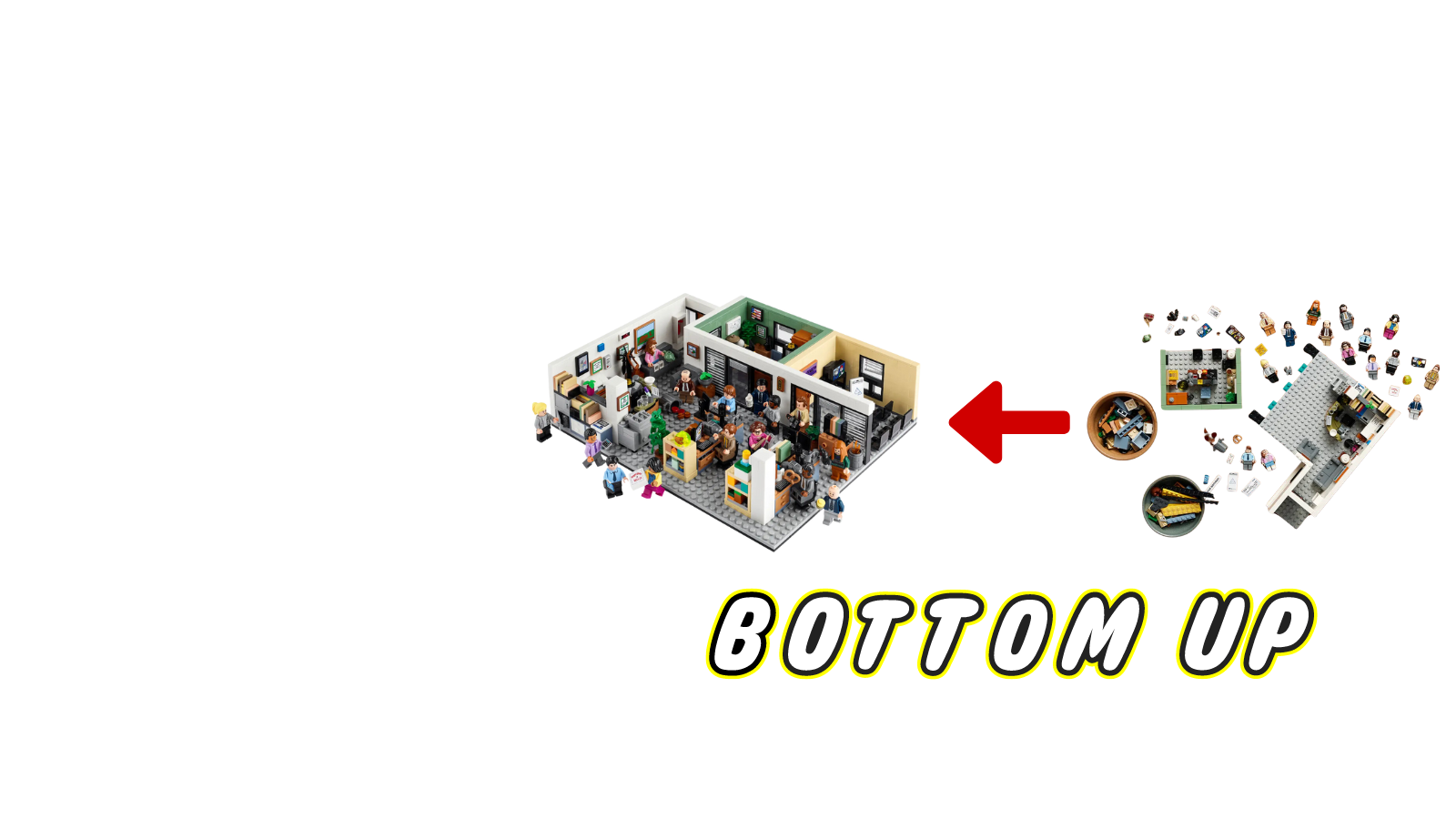
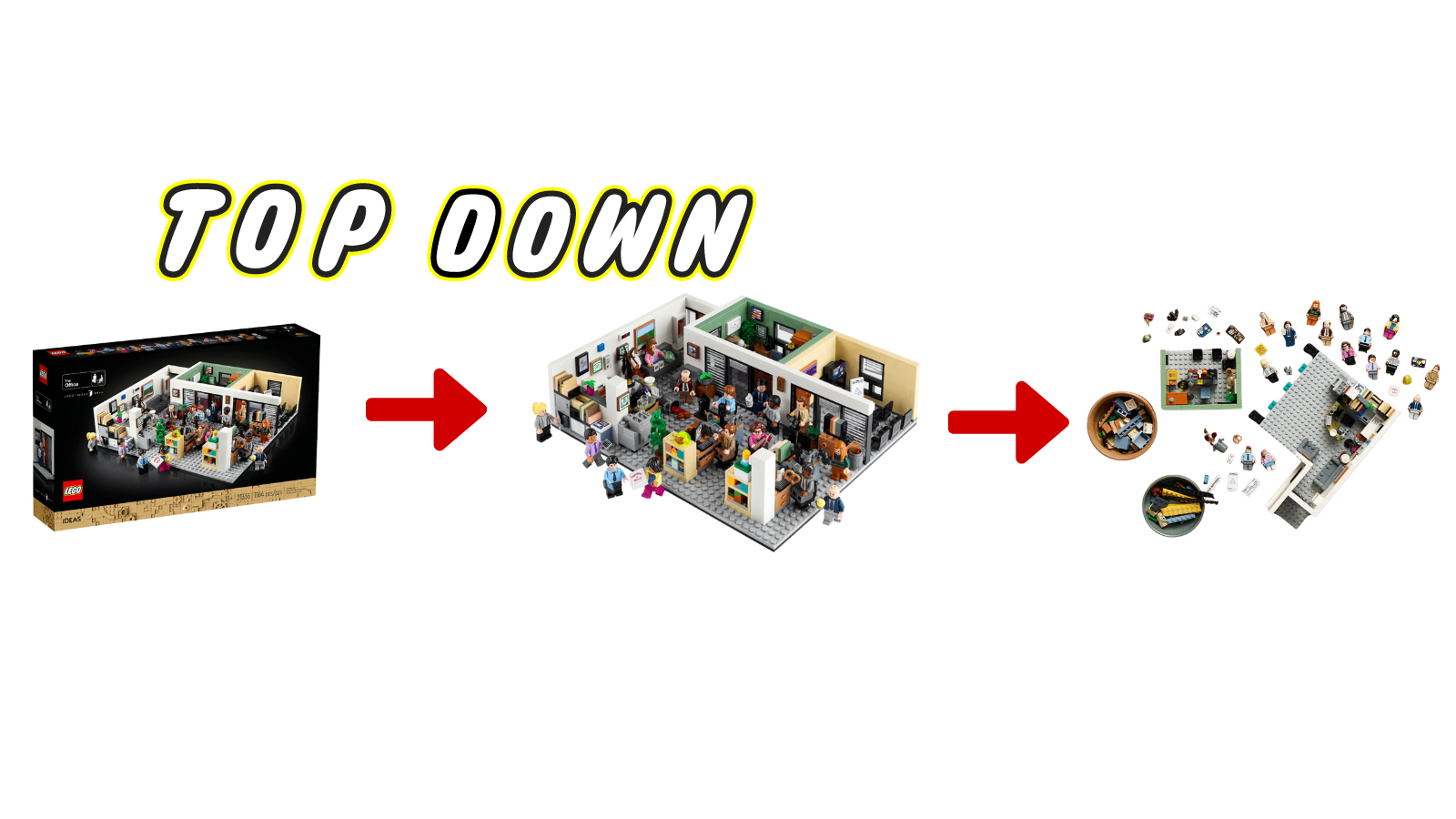
Gestalt
- Figure-ground relationship
![]()
- Proximity
![]()
- Similarity
![]()
- Continuity
![]()
- Closure
![]()
Unit 6: Motivation & Emotion
Theories of Motivation
Instinct theory
Drive Theory
Arousal Theory
Yerks & Dodson Law

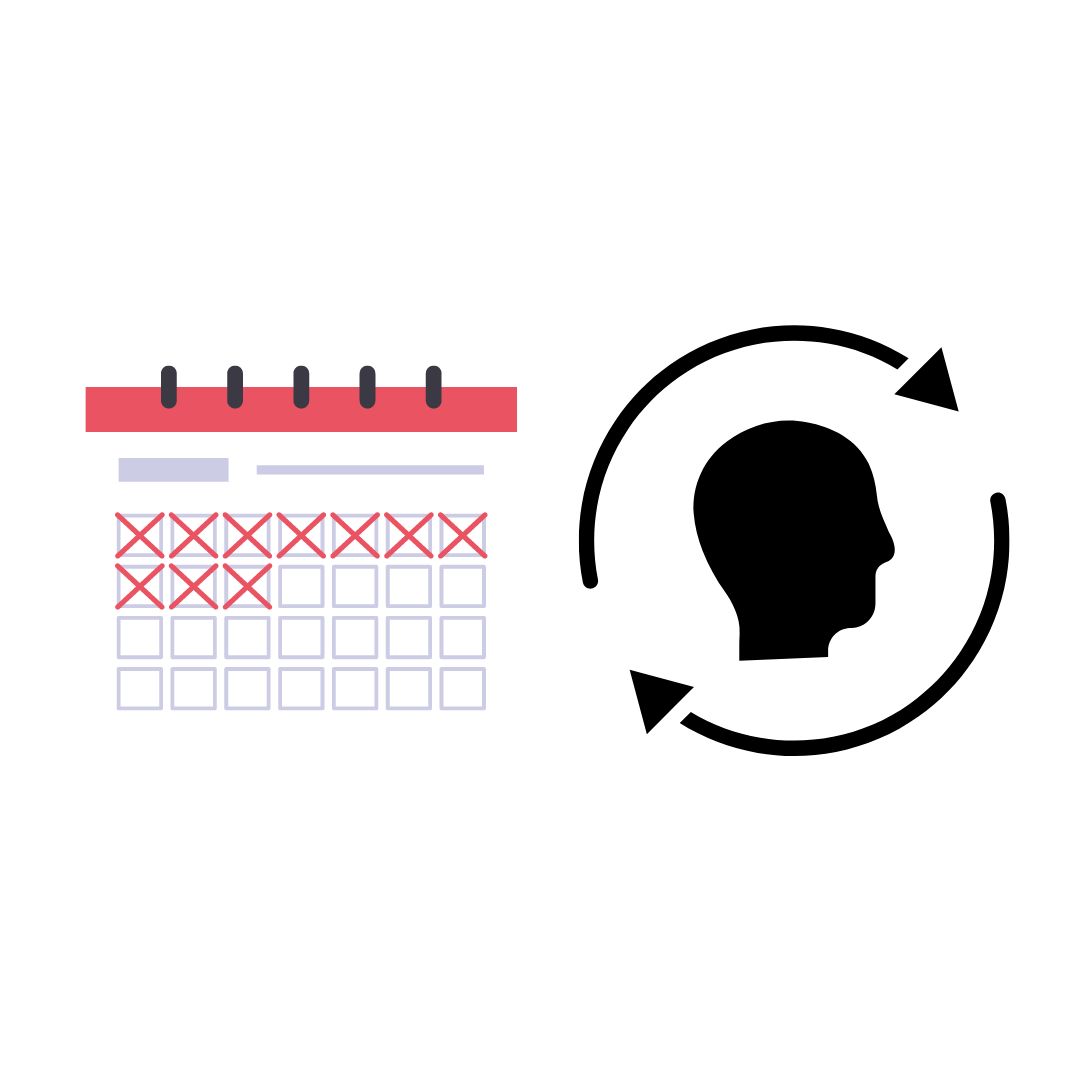

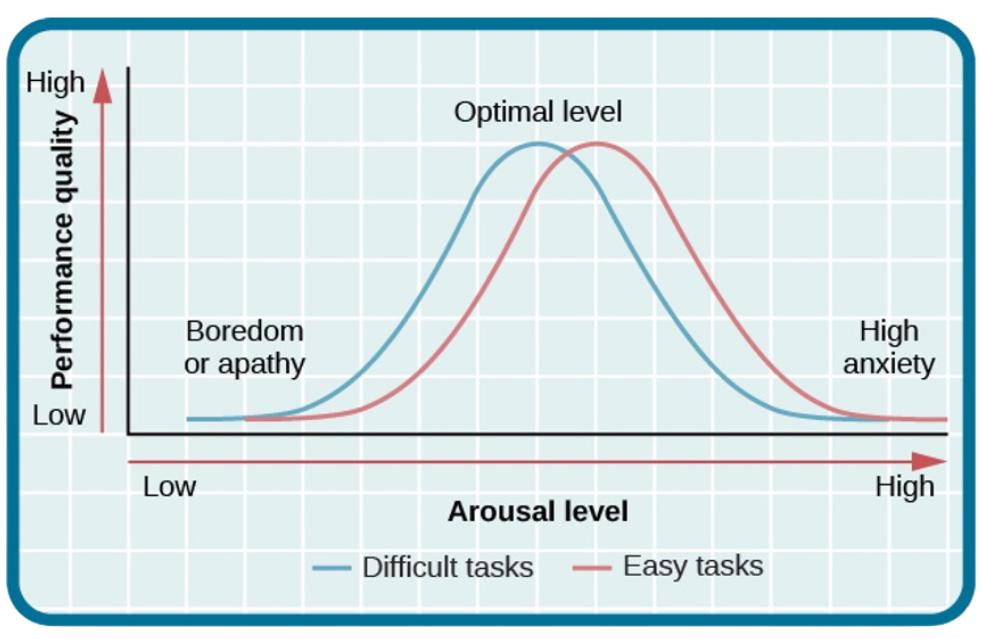
Over-justification Effect
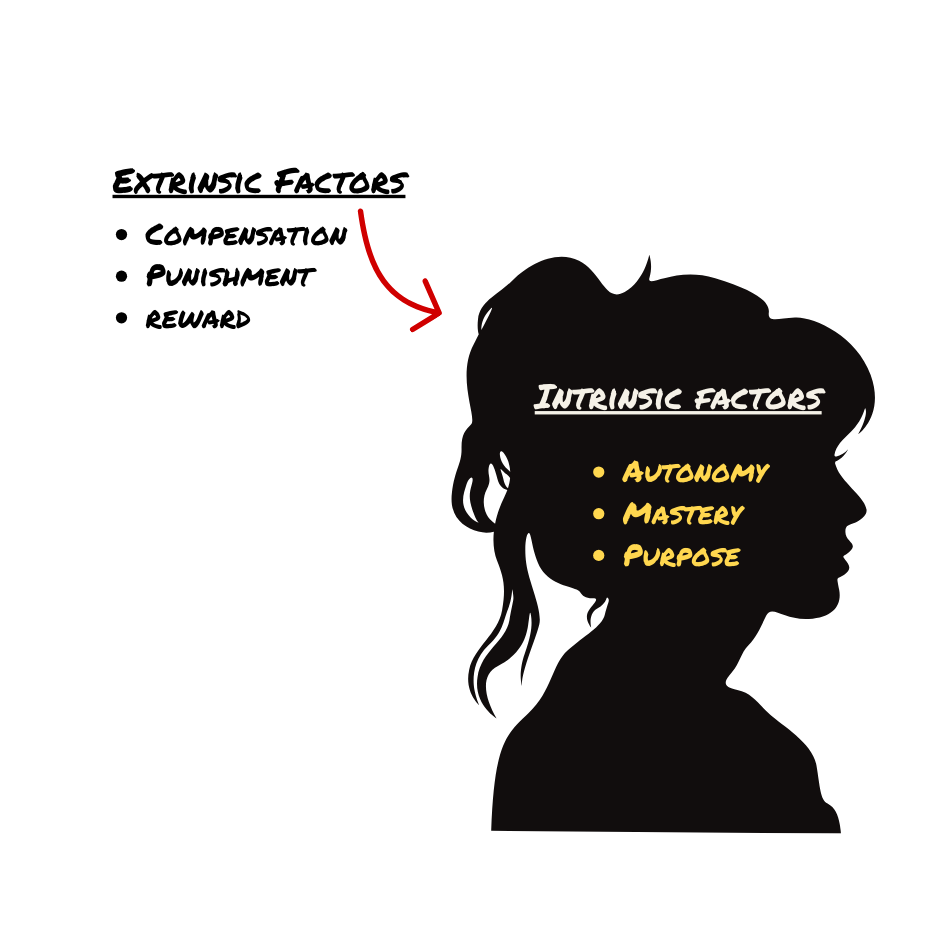

Sex
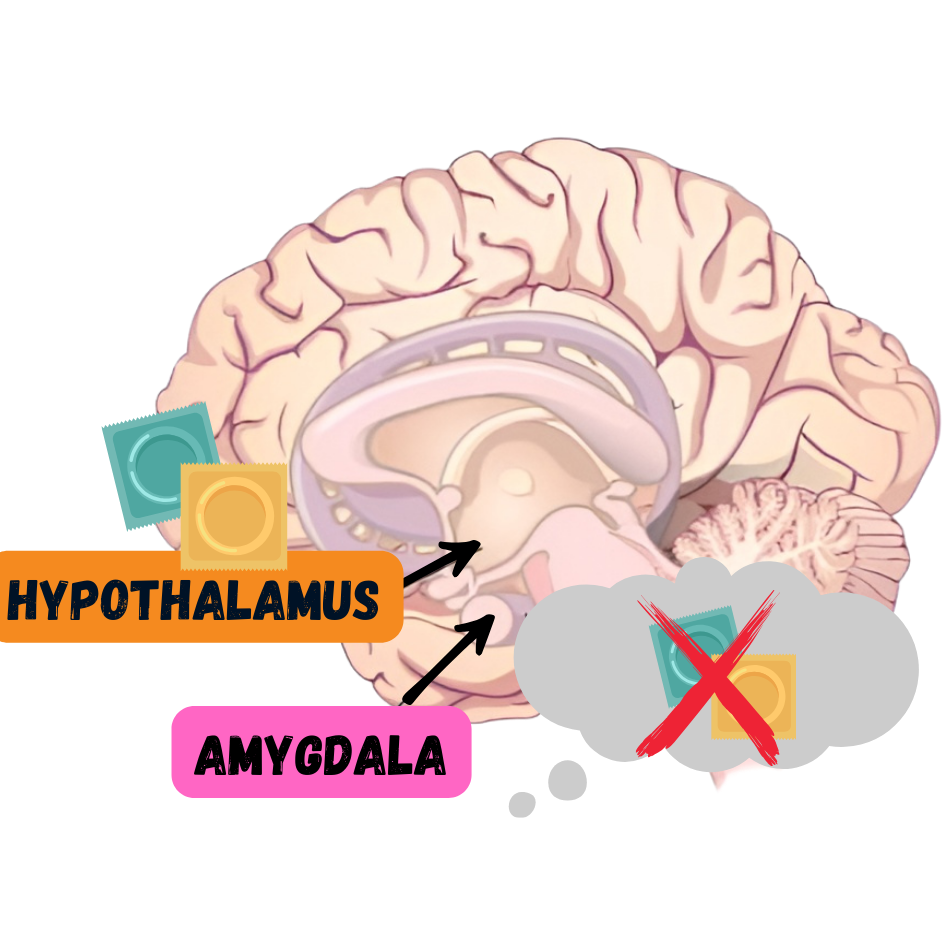
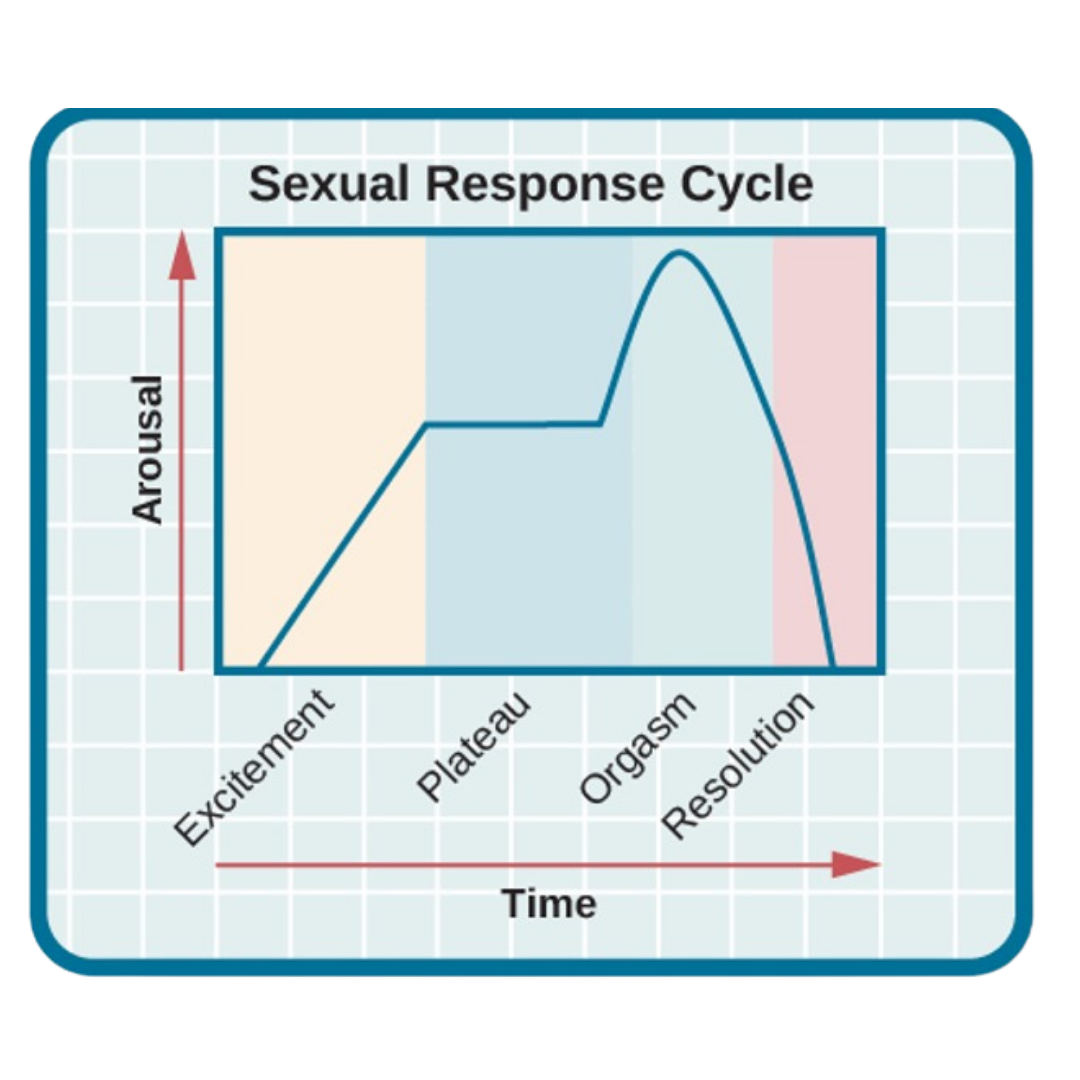
Theories of Emotion
James-Lange Theory
Cannon-Bard Theory
Schachter-Singer Two-Factor Theory
Lazarus’ Cognitive-Mediational Theory
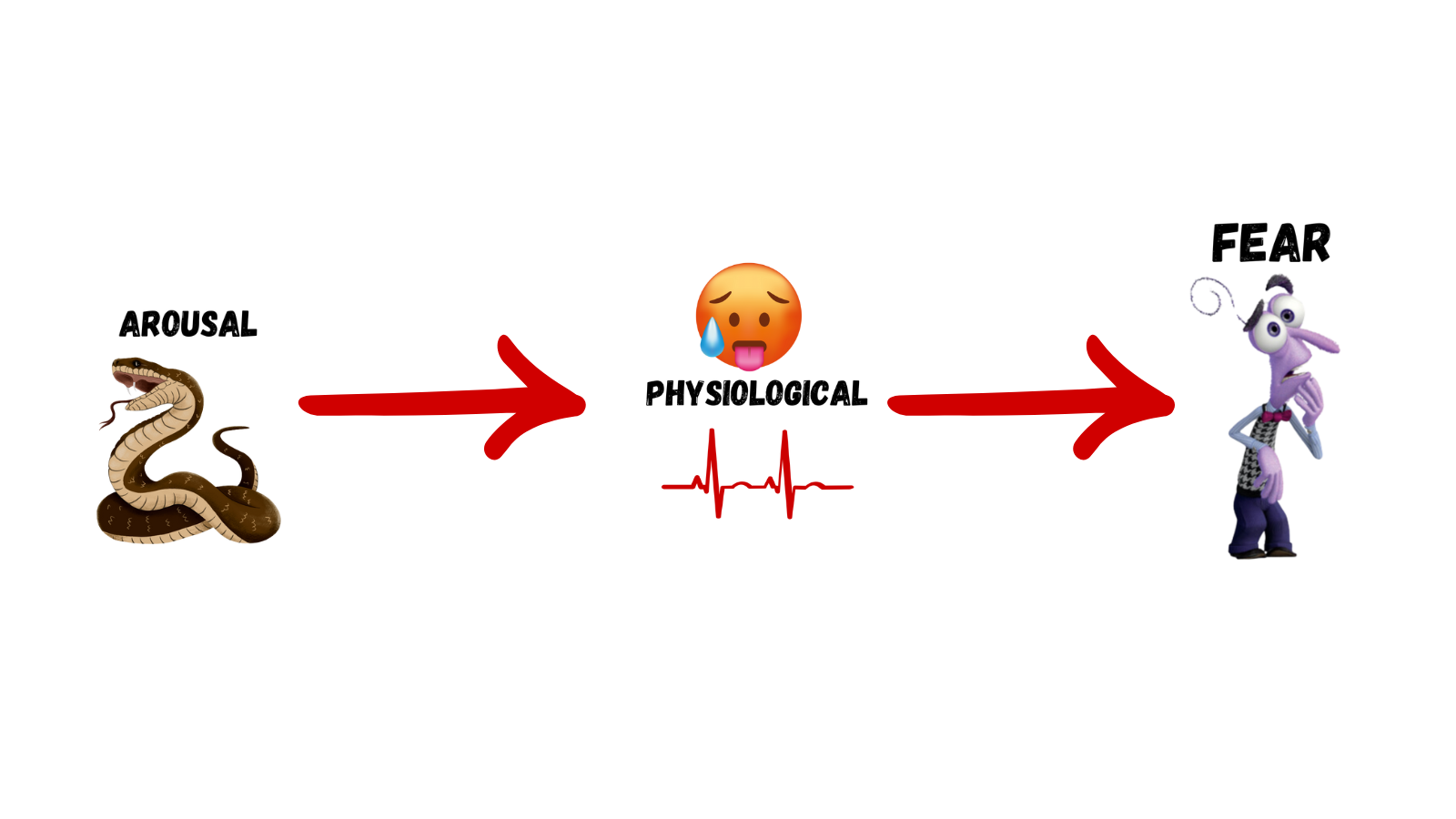
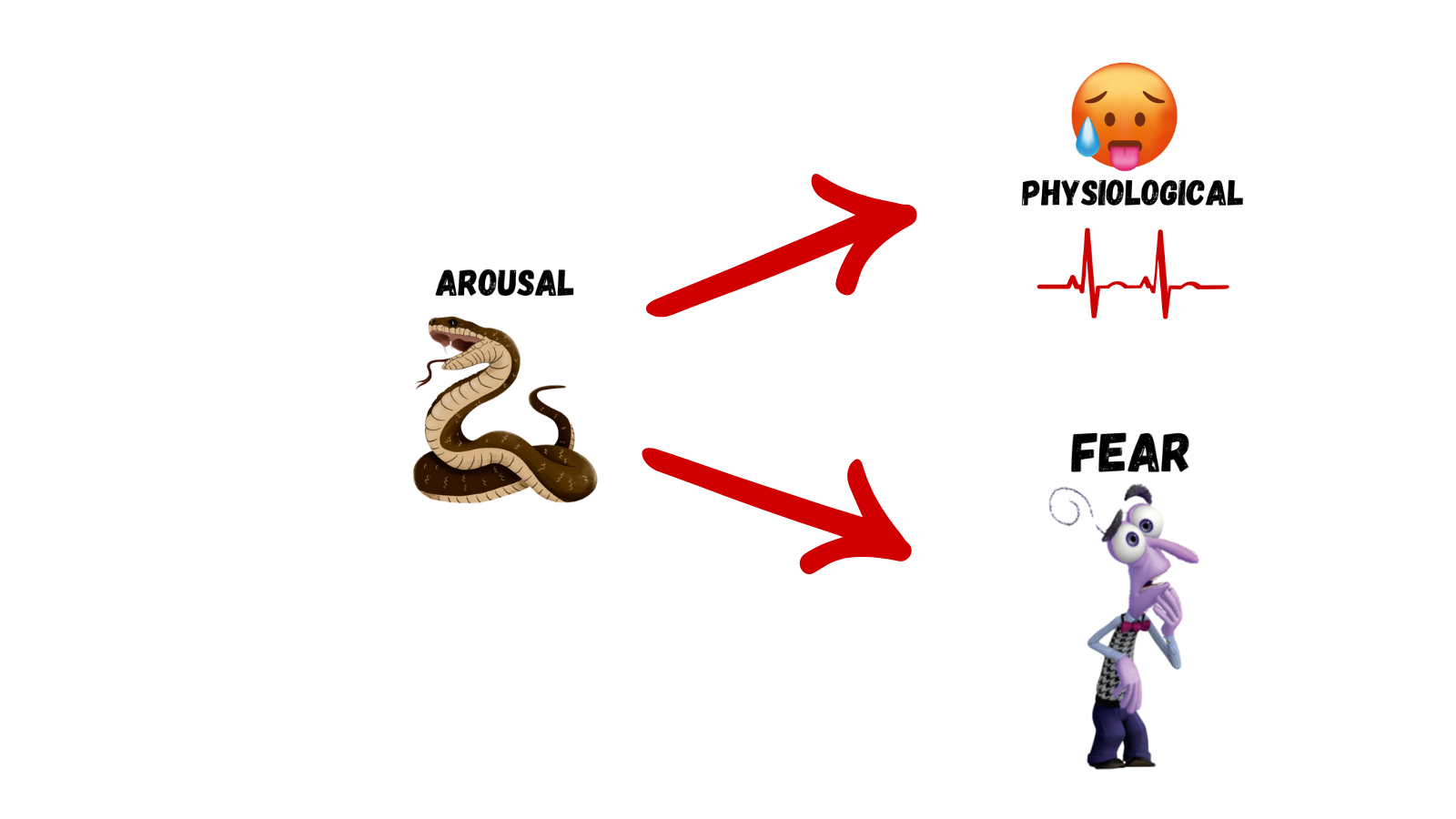
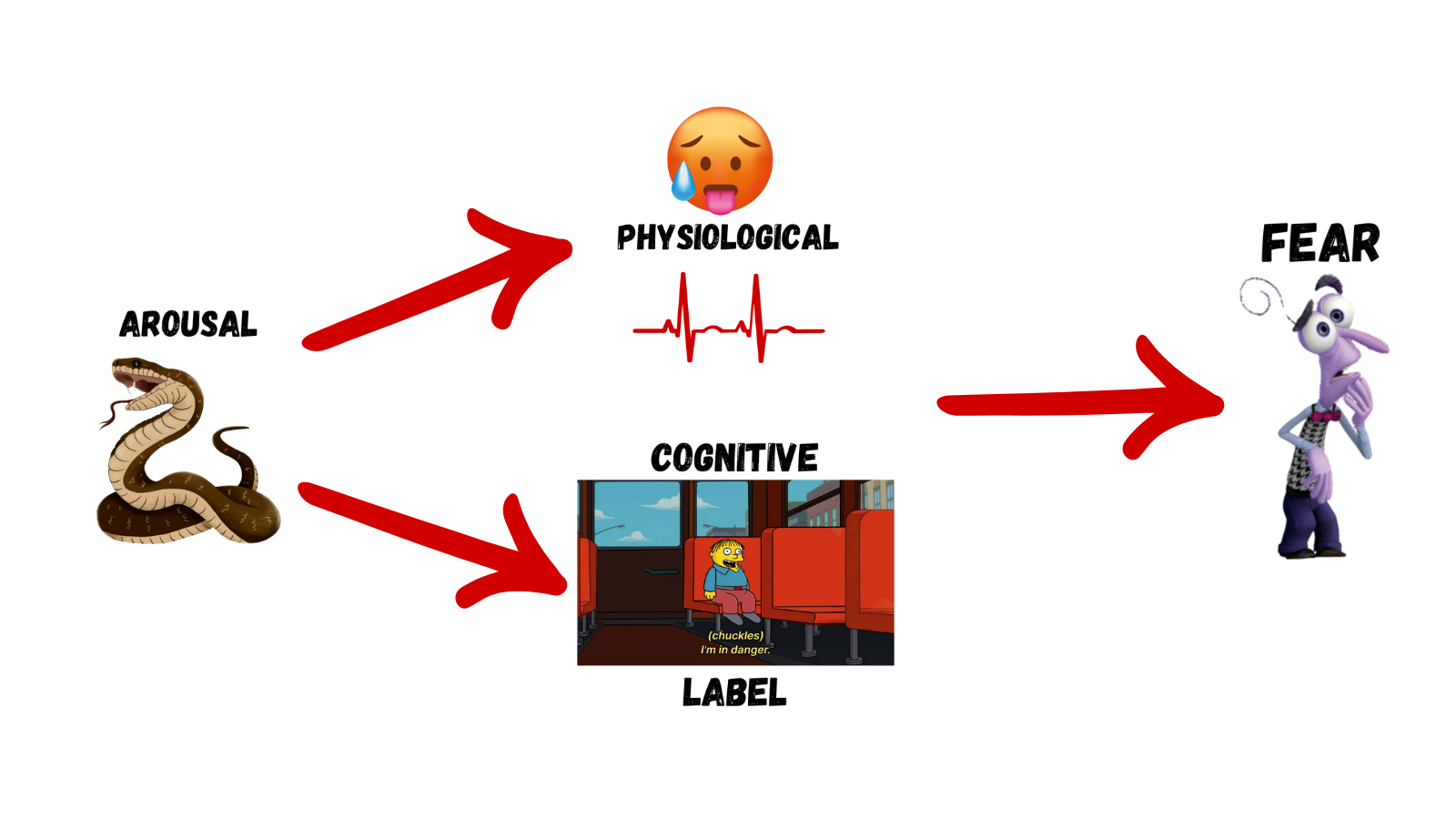
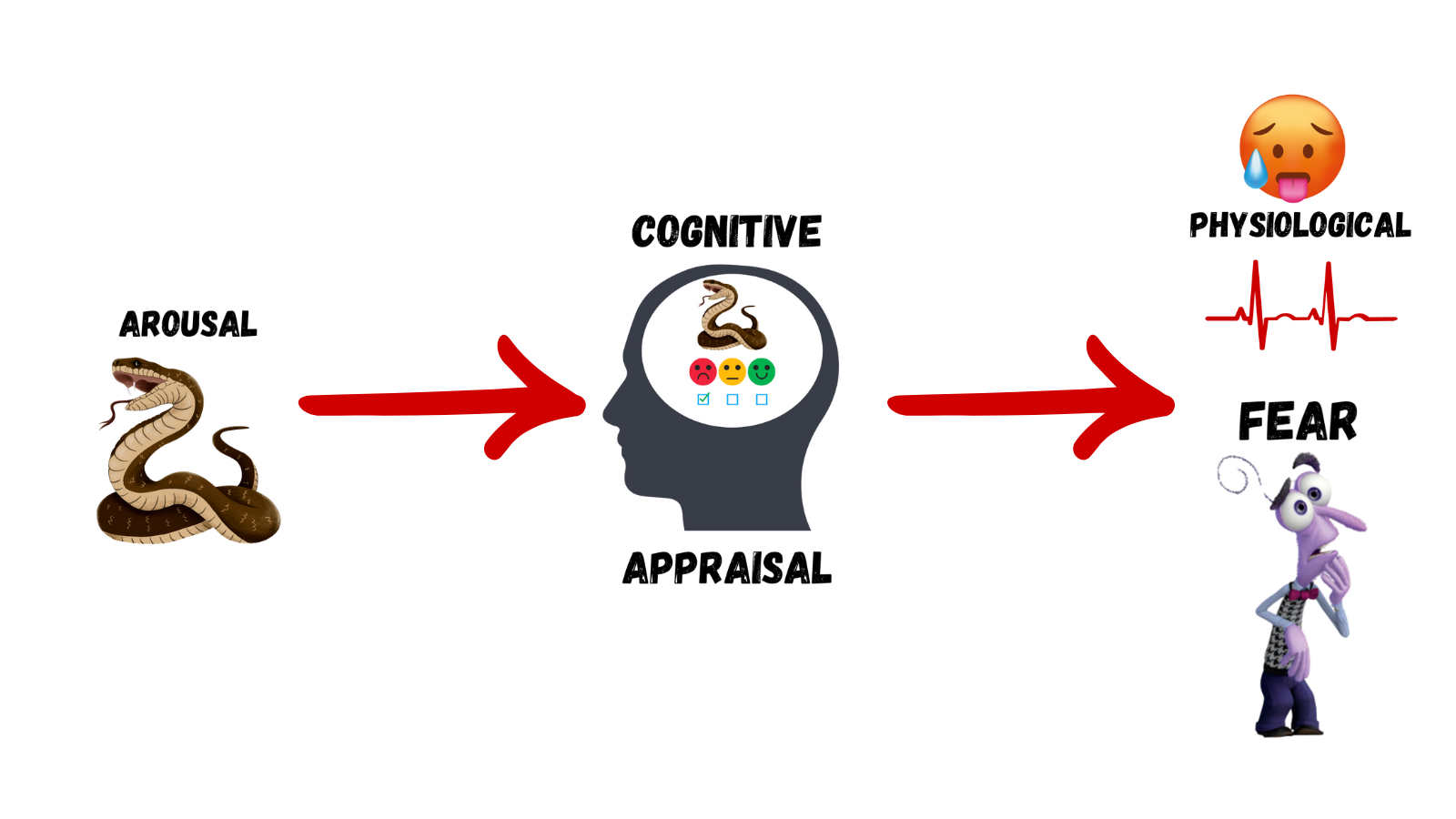
The biology of emotions
